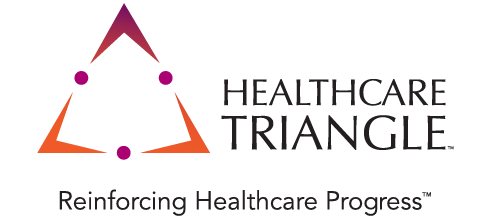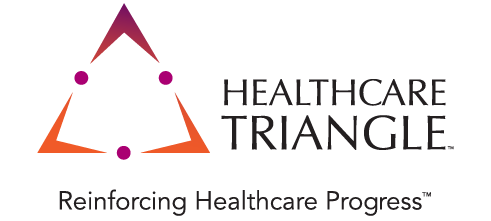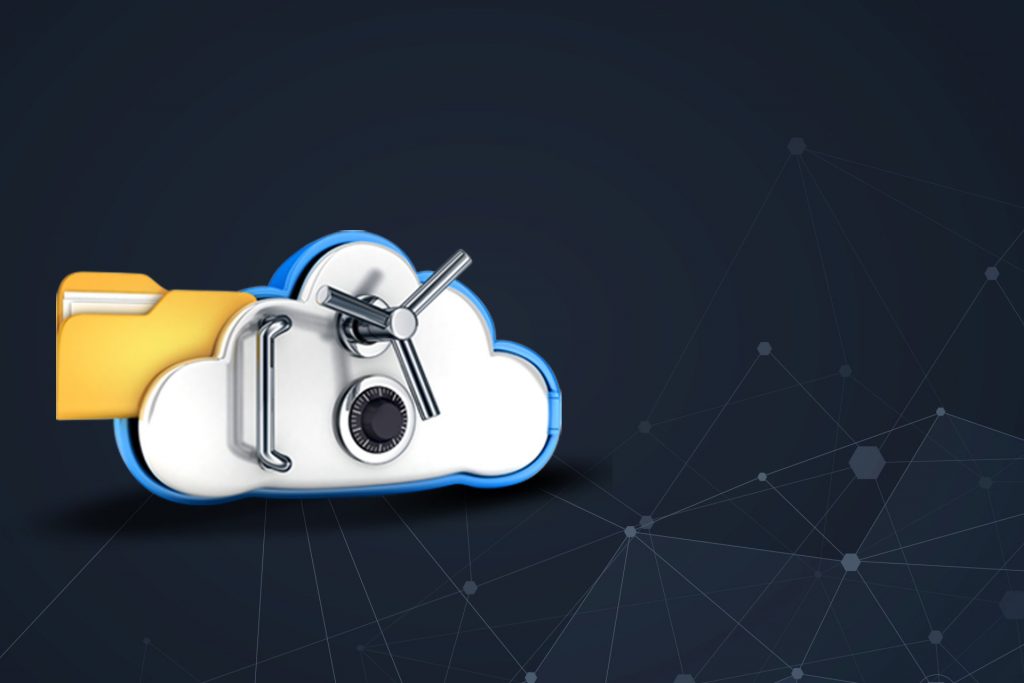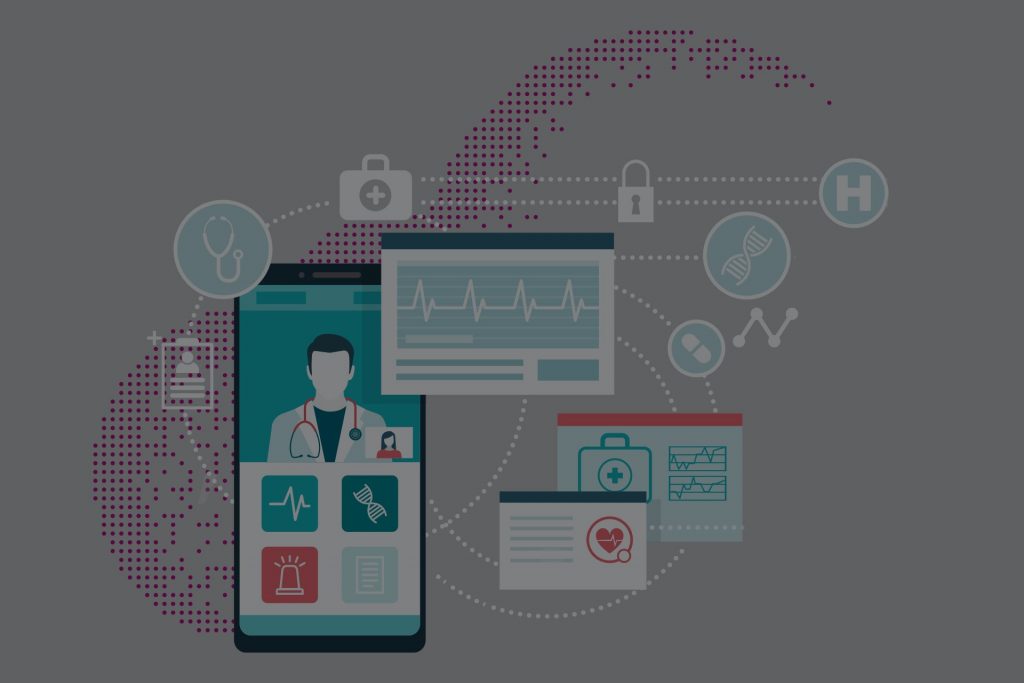HIPAA Guidelines: Understanding HIPAA Compliance on the Cloud
Health Insurance Portability and Accountability Act (HIPAA) mandates industry-wide standards for protection and confidential handling of the electronic healthcare information for electronic billing and other processes. In order to maintain the HIPAA Privacy regulations, the Healthcare providers and organizations must develop and follow certain procedures to ensure the confidentiality and security of the Protected Health Information(PHI). The ‘Guidance on HIPAA and Cloud Computing’ released in 2016, by the US Government of Health and Human Services(HSS) provides information on maintaining HIPAA compliance while using cloud computing services for storing and managing ePHI. Based on this, the HealthCare organization and Cloud Service Provider(CSP) is directly liable for meeting both the business associate agreement(BSS) and compliance with the associated requirements of the HIPAA rules.











